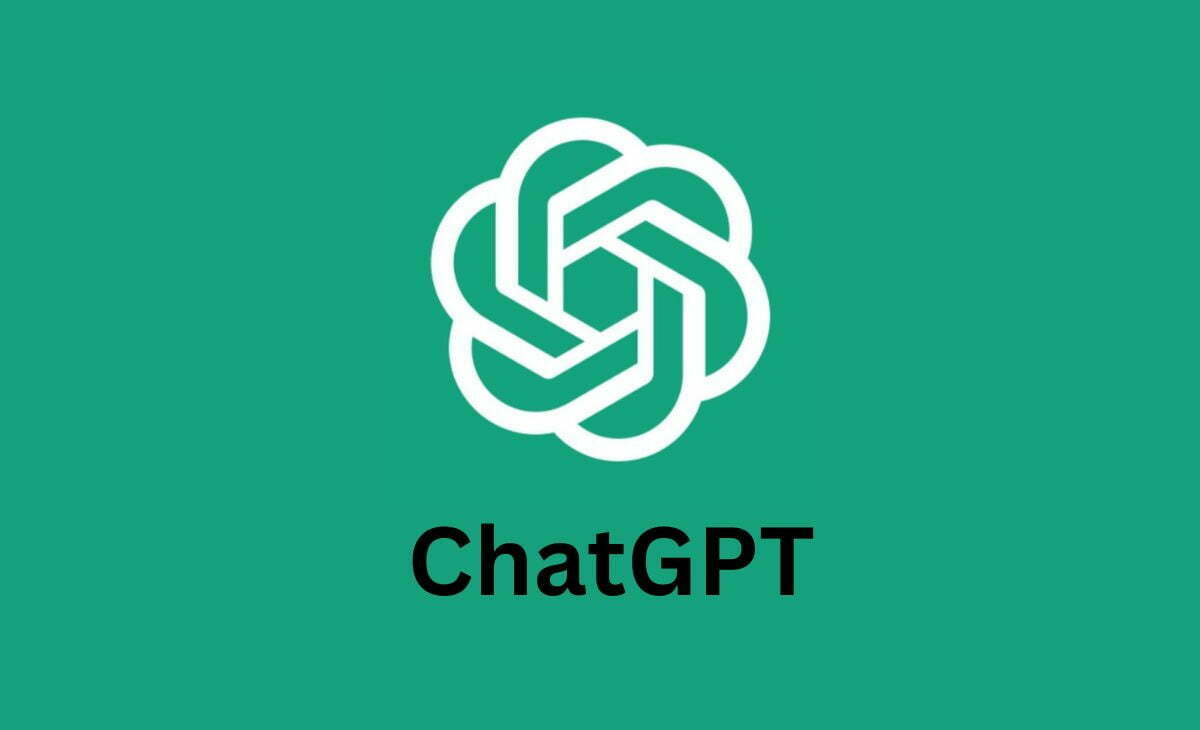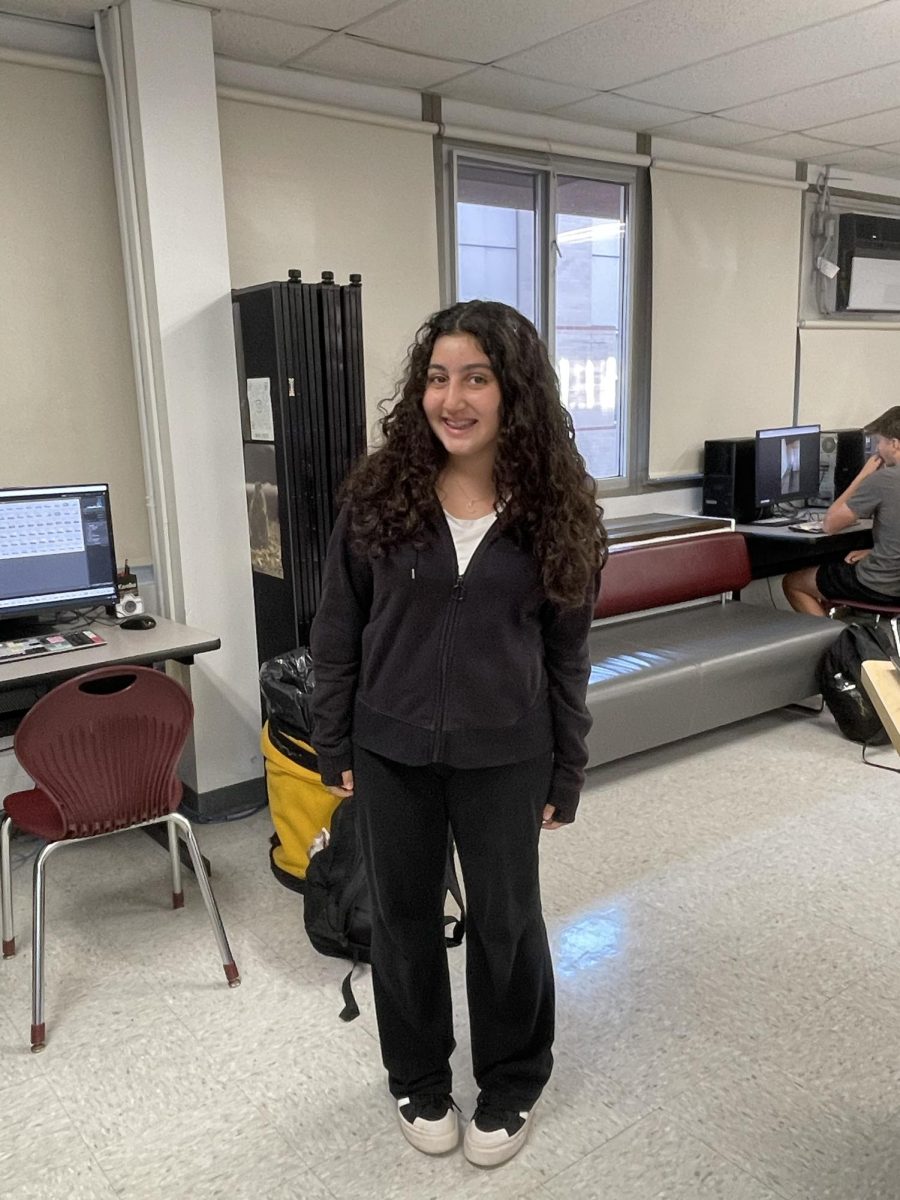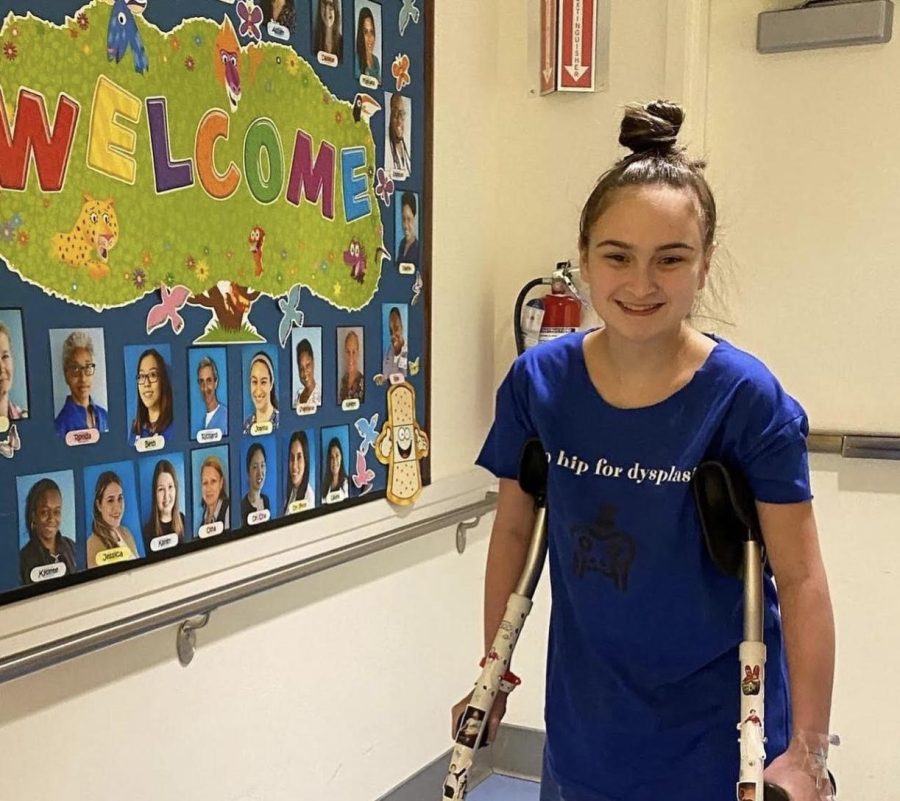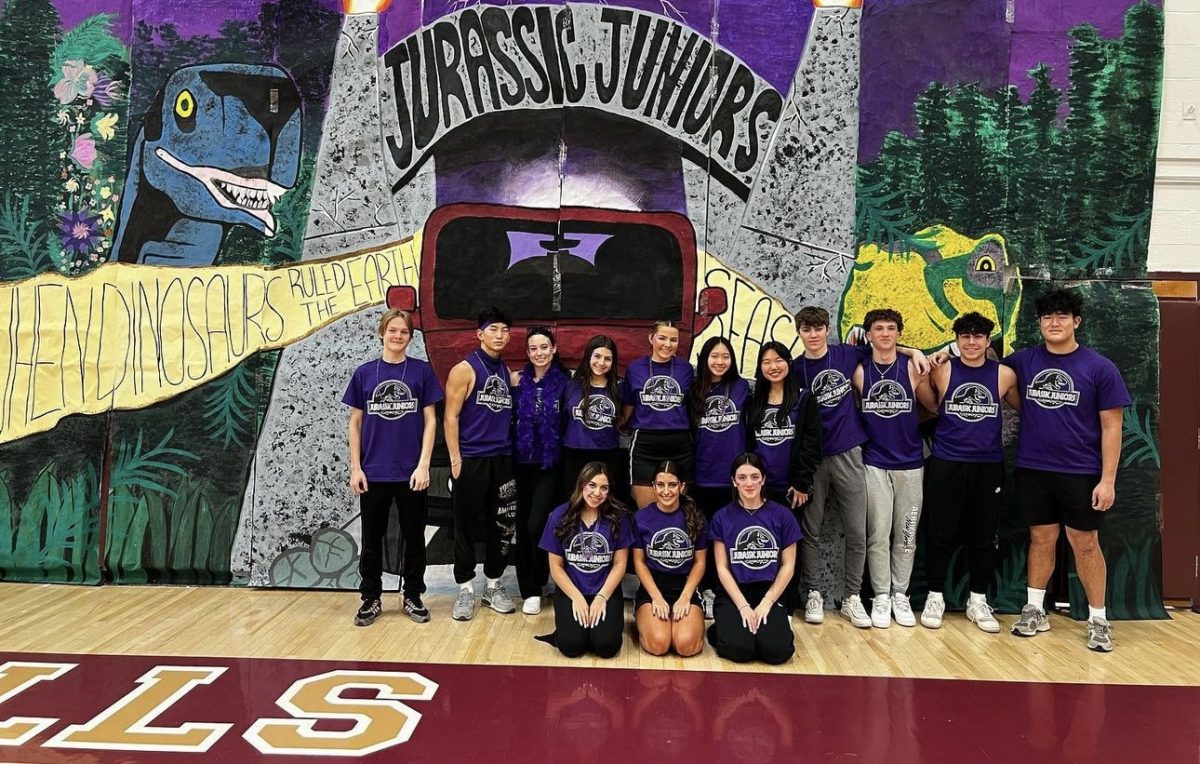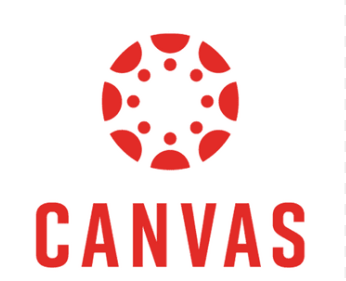As AI rapidly becomes more advanced, people continue to ask a concerning, though realistic, question: Could AI become a dangerous threat in the future?
AI–formally known as Artificial Intelligence–is a technology that enables computers and machines to simulate human learning and decision-making. Not only can it do your homework for you through tools like ChatGPT, but it can even create images, videos, and much more.
AI is not just something that came to be overnight, there are various foundational systems in which AI tools are built such as machine learning and deep learning. Machine learning involves creating models by training a specific algorithm to make predictions based on given data. Deep learning is a subset of machine learning that uses deep neural networks to simulate the complex decision-making power of the human brain. With its ability to learn and evolve, AI continues to reshape the world around us, sparking both excitement and concern about what lies ahead.
AI has become a major helper in our everyday lives. Perhaps the most used applications by many people would be the digital assistants on various technologies. Some of these could be in your phone such as Siri, or even in your house such as Alexa and Google Assistant. Additionally, search engines use a common application of AI such as Google and Yahoo. Social media like Instagram, TikTok, and YouTube also run off AI-powered algorithms. Overall, people interact with AI in their daily lives whether through online shopping, robotics, or even using it for transportation!
AI has made a huge impact on our daily lives not only through common applications but also by making education more accessible. This is done in various ways such as how AI-enabled technologies assist in administrative tasks and streamlining operations to focus on teaching. This is through computer-assisted instruction (CAI) which presents more instructional material with mainframe computers. Additionally, intelligent tutoring systems offer tutorial programs and provide immediate feedback to students as needed. Not only does it help with personalized learning, but also through automated grading and feedback.
In the medical field, AI even has the potential to save lives! Diagnosis and treatment of disease have been at the core of artificial intelligence for the last 50 years. It is changing many of the administrative aspects of medical care by automating simple tasks such as data entry and appointment scheduling. Not only does it reduce the potential for human error, but it is also a faster way to review health records, medical imaging, test results, etc. Sophomore Sarah Hong believes “the most impactful way AI is being used today is [also] in healthcare by improving diagnostics, personalizing treatments, and speeding up drug Discovery. It’ll probably keep pushing Innovation making things more efficient and accessible.”
In addition to healthcare advancements, AI also improves health outcomes through early detection and lifestyle recommendations. This can be as simple as wearing a device on your wrist such as a Fitbit or an Apple Watch that monitors heart rate, sleep, and daily activity. AI-powered apps for mental health and therapy chatbots help many people. In fact, studies show that AI tools have improved diagnostic accuracy by up to 20%, potentially saving thousands of lives each year.
AI thrives on data, but its demand for information raises concerns about personal privacy. The concept of personal information relies on the idea of identifiability–that is whether a person’s identity can be claimed from that information. Much of AI’s value is its ability to identify patterns unseen to the human eye. This means that information collected and used may extend beyond what was originally disclosed by an individual.
Facial recognition systems, targeted ads, surveillance technologies, and passcodes all make people ask themselves the same question: does the increasing reliance on AI pose risks to society, such as over-dependence or ethical challenges, or are these concerns overstated? Sarah Hong claims that “AI does pose risks of over-dependence and ethical concerns. I don’t know if it’s just me but I’m starting to see students getting lazy with their homework asking to write their notes, essays, and other things for them. It’s really annoying because people who actually do take the time to do their work themselves often end up having a lower grade than the people who cheat and use AI.”
It is clear that while AI does have its benefits, it also comes with challenges. It is more than just a tool—it is a powerful force shaping the future, and its impact will depend on how we choose to use and navigate it.

